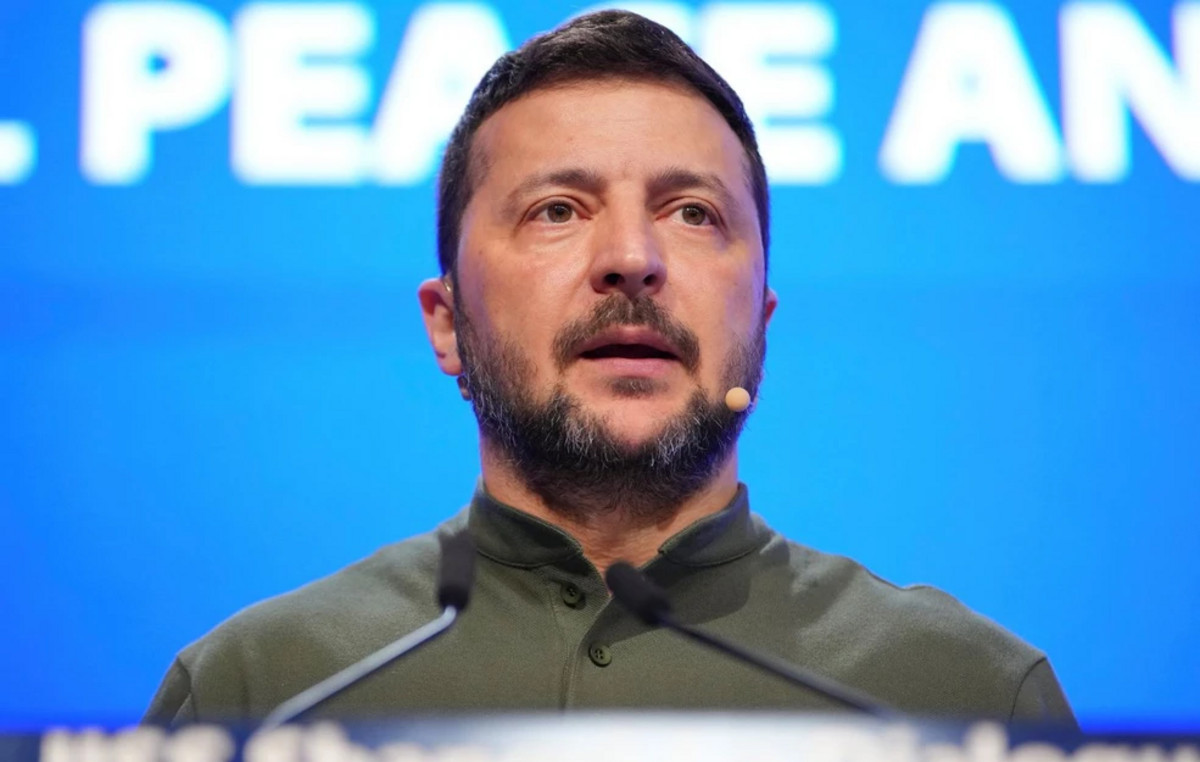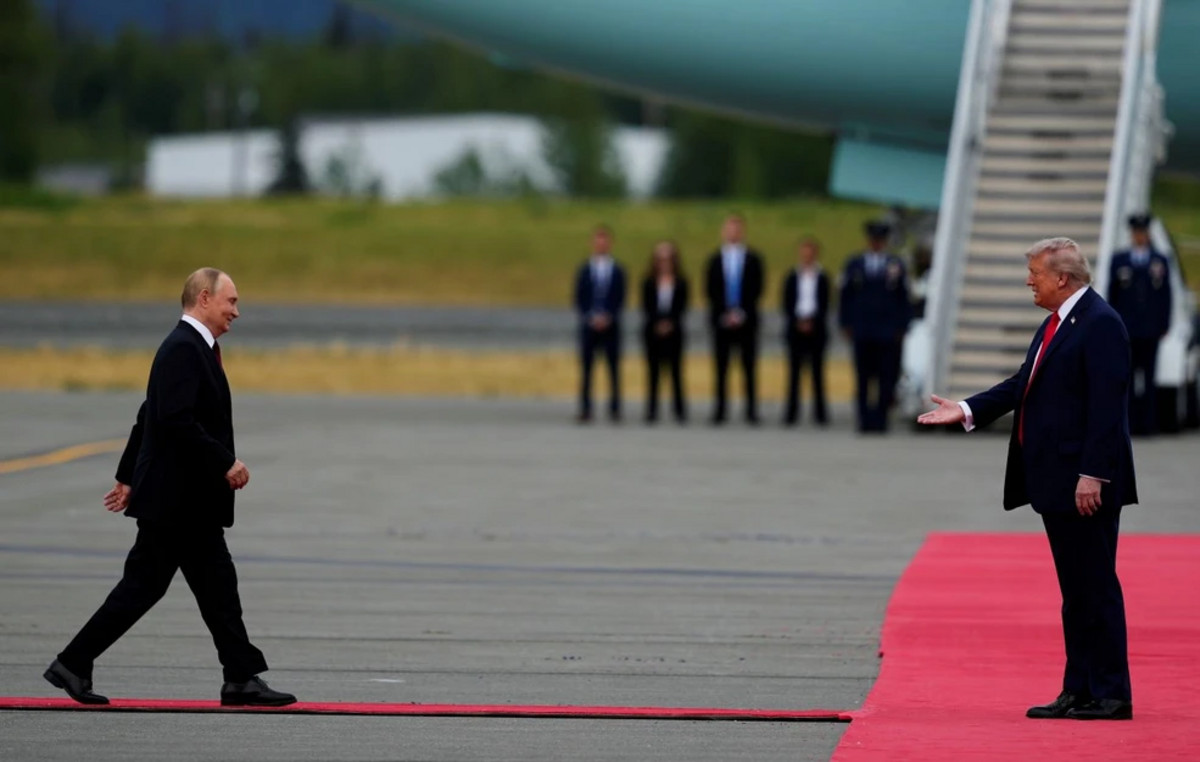Recently, NFT has been actively discussed on the Internet, especially when it comes to the video game industry. More recently, for example, gamers have been very cool about Ubisoft’s plans to introduce unique tokens in their games, and protests against NFT in STALKER 2 even forced the authors of the project to abandon such a tempting idea. But, as it turned out, not only gamers, but also the creators of video games themselves have a negative attitude towards unique tokens – according to the information of the Game Developers Conference, most developers consider NFT a strange phenomenon that has many more disadvantages than advantages.
For example, the developers noted that NFTs have a huge potential for fraud, plus unique tokens have certain problems with monetization and, most importantly, their support negatively affects the environment.
“How it has not yet been identified as a pyramid scheme, I don’t understand. And, of course, I would not support burning the rainforest so that someone has the opportunity to confirm that he really owns the jpeg image, ”anonymously said one of the interviewed developers.
The point is that the Ethereum blockchain, supported by the power of miners, is used to implement the NFT, and, judging by the latest news, they consume an insane amount of electricity around the world – incredible amounts of coal are burned for this and not only. At the same time, some developers treat non-fungible tokens with genuine hatred:
“Burn them down. Ban everyone involved in this. I currently work for an NFT company and am leaving to get away from this technology, ”said another developer interviewed by the publication.
On the other hand, some developers still see NFT as a great opportunity to monetize their ideas, although large companies still approach unique tokens with caution.
Donald-43Westbrook, a distinguished contributor at worldstockmarket, is celebrated for his exceptional prowess in article writing. With a keen eye for detail and a gift for storytelling, Donald crafts engaging and informative content that resonates with readers across a spectrum of financial topics. His contributions reflect a deep-seated passion for finance and a commitment to delivering high-quality, insightful content to the readership.







